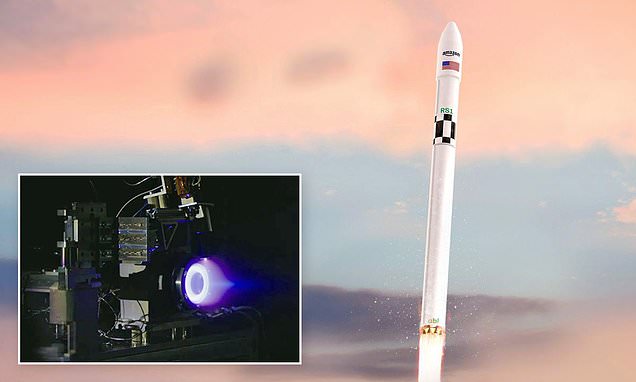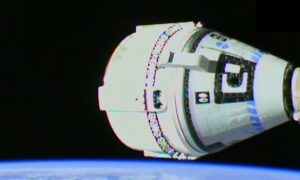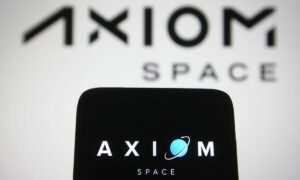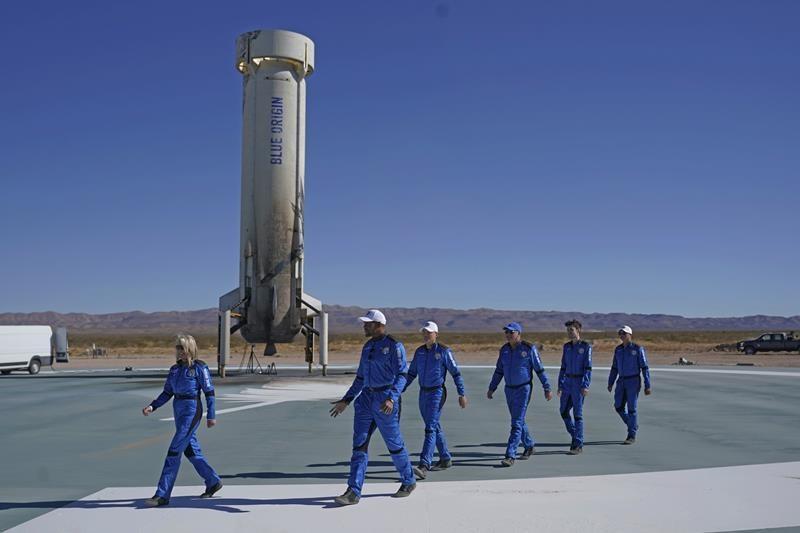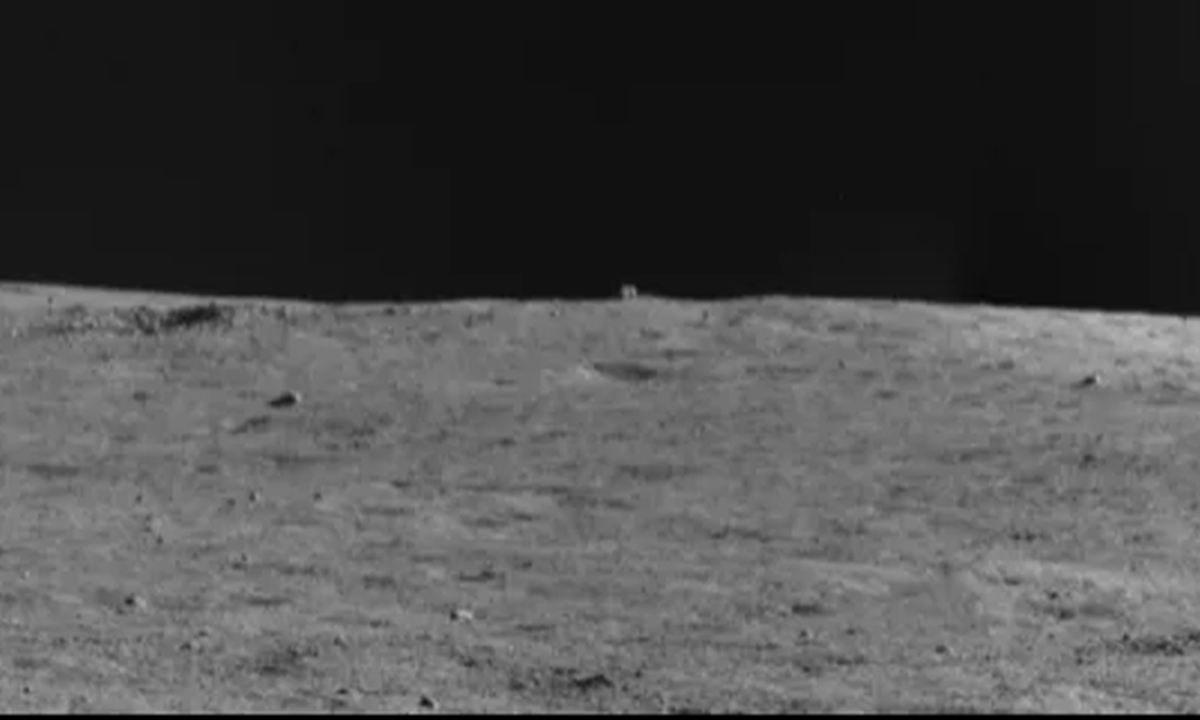Amazon expects to launch its first Project Kuiper internet satellites in the final quarter of 2022, the organization declared Monday.
The technology giant filed a request with the Federal Communications Commission to launch and work its initial two prototype satellites, called KuiperSat-1 and KuiperSat-2. Amazon said the satellites will launch with ABL Space on its RS1 rocket.
“We’ll soon be ready to see how [the satellites] perform in space,” Amazon vice president of technology Rajeev Badyal said in a statement. “There is no substitute for on-orbit testing, and we expect to learn a lot given the complexity and risk of operating in such a challenging environment.”
Project Kuiper is Amazon’s plan to assemble a network of 3,236 satellites in low Earth orbit to give high-speed internet to anyplace in the world. The FCC last year authorized Amazon’s system, which the organization says it plans to “invest more than $10 billion” in Kuiper. Early service from Kuiper is set to start once Amazon has 578 satellites in orbit.
Amazon last week declared a partnership with Verizon, to team up with the telecom giant in the increasingly competitive field of high-speed satellite internet.
Kuiper is ready to go head to head with SpaceX’s Starlink network, which is the furthest along in the most recent generation of broadband satellite systems. A variety of different networks are in different stages of development, including those of British-owned OneWeb, BlackRock-backed Astranis, satellite-to-smartphone expert AST SpaceMobile, Lockheed Martin’s partnership with start-up Omnispace and Canadian satellite operator Telesat’s Lightspeed.
The Project Kuiper team has developed consistently at Amazon, which currently has in excess of 750 individuals and “hundreds more” expected to be recruited in the next year. Amazon built a 219,000 square-foot facility in Redmond, Washington to test and make the satellites, and plans to add another 20,000 square-foot facility.
Disclaimer: The views, suggestions, and opinions expressed here are the sole responsibility of the experts. No Chicago Headlines journalist was involved in the writing and production of this article.

